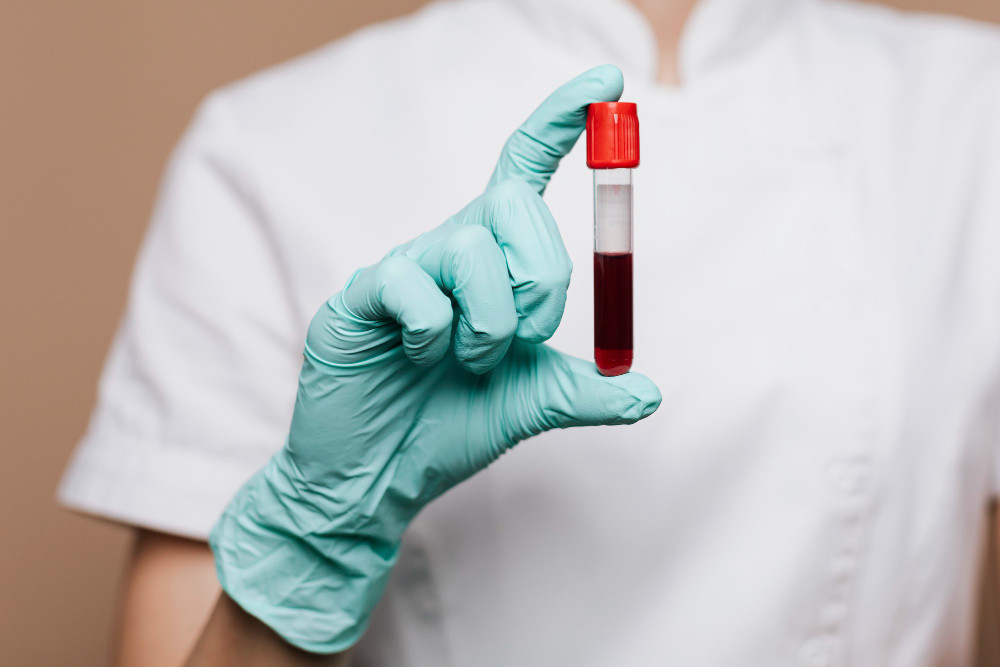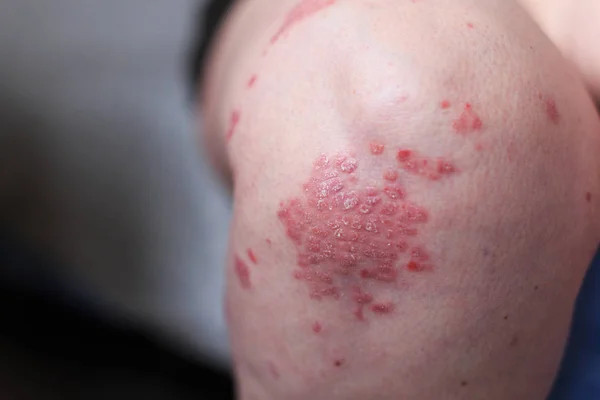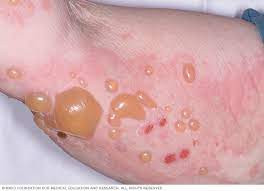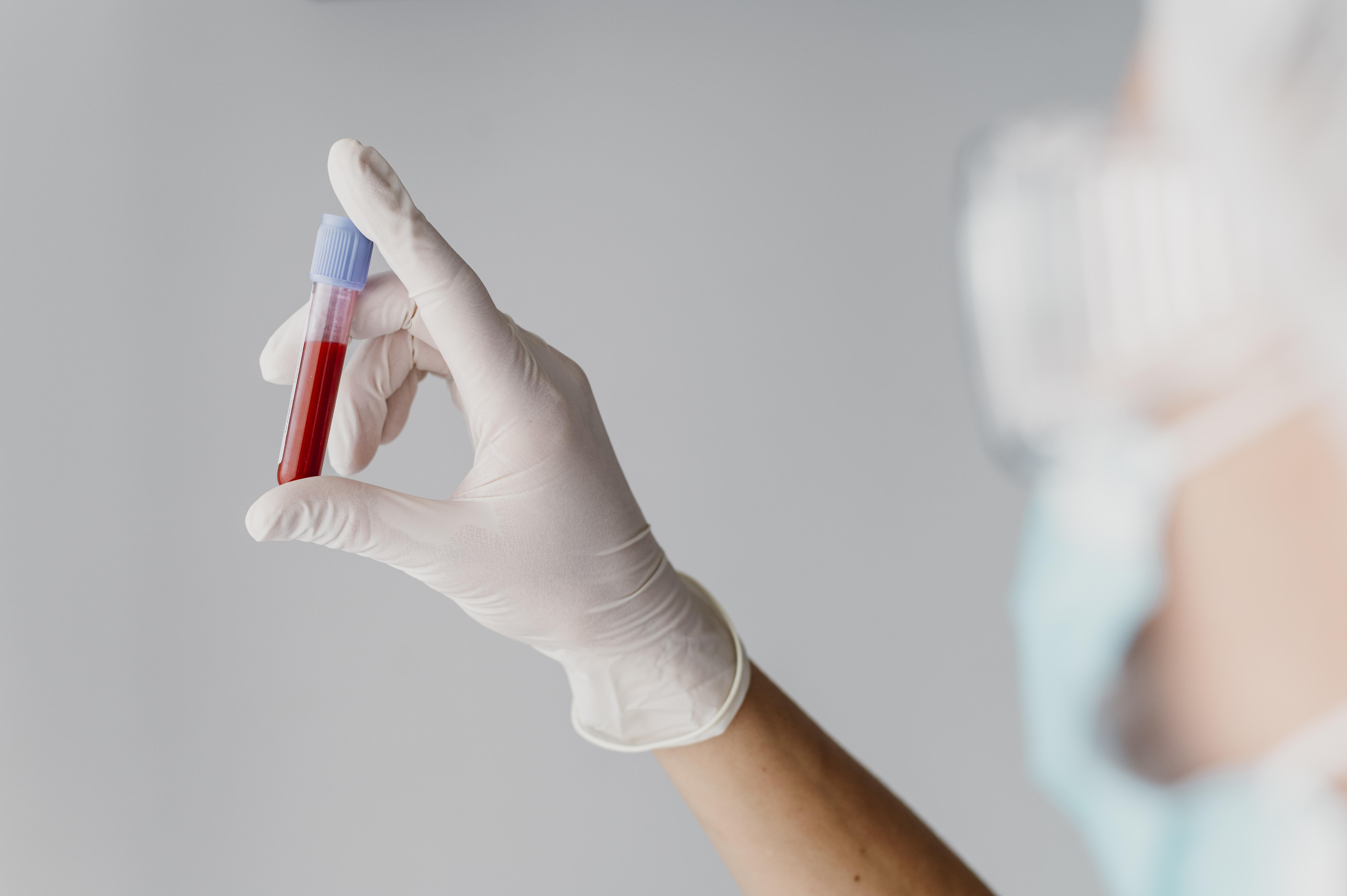Definition
The lupus erythematosus (LE) cell test is a diagnostic tool used to assist doctors in identifying systemic lupus erythematosus (SLE). Diagnosing lupus can be challenging due to the significant variability in symptoms and signs among individuals. These symptoms may evolve over time and often resemble those of other conditions.
The presence of LE cells in the body may indicate lupus, a chronic autoimmune disorder that affects multiple organs. In lupus, the immune system, which normally defends against harmful invaders, mistakenly targets the body's own healthy tissues.
LE cells were first identified in 1948 by Malcolm McCallum Hargraves in the bone marrow of lupus patients. For this reason, they are also known as Hargraves cells. These are a type of white blood cell (either neutrophils or macrophages) that engulf nuclear material from other cells with denatured structures. LE cells are typically associated with lupus and other autoimmune diseases.
Today, the LE cell test has largely been replaced by the antinuclear antibody (ANA) test, which is considered more efficient for lupus diagnosis. Most lupus patients produce antibodies that lead to positive ANA test results. Proper lupus diagnosis typically involves a combination of blood and urine tests, symptom analysis, and physical examinations.
Indications
The LE cell test is suggested when lupus symptoms are observed in a patient. Since lupus can affect nearly any organ, its symptoms vary widely among individuals. For instance, one patient might have swollen joints and fever, while another may experience chronic fatigue, skin rashes, or anemia.
Over time, symptoms may evolve or become less frequent. Lupus often involves episodes where symptoms intensify (flare-ups) and periods of improvement (remission).
Possible symptoms of lupus include:
- Fatigue
- Fever
- Joint pain, stiffness, and swelling
- A butterfly-shaped rash across the cheeks and nose or rashes elsewhere
- Skin lesions that worsen with sun exposure
- Fingers and toes turning white or blue when exposed to cold or stress
- Difficulty breathing
- Chest pain
- Dry eyes
- Headaches
- Memory disorders
Contraindications
There are no specific contraindications or conditions preventing individuals from undergoing the LE cell test. This test is suitable for anyone.
Preparation Prior to Test
No special preparation is required for the LE cell test. It can be performed without fasting. Before the test, it is advisable to consult a doctor, provide information about your medical history, and disclose any medications you are taking. Resting and staying hydrated are also recommended.
Test Procedure
There are several methods for conducting the LE cell test, including analyzing blood samples, bone marrow, donor cells, or LE factors. The most convenient approach for patients is drawing blood from a vein, whereas bone marrow sampling may cause discomfort. The ideal temperature for LE cell testing is 22°C.
During the blood collection procedure, an elastic band is applied to the arm to increase blood flow, and the area is cleaned with alcohol gauze. The blood sample is collected into a specialized tube. Laboratory staff wearing gloves and personal protective equipment (PPE) handle the sample, which is then analyzed using specialized equipment in the laboratory.
Normal and Abnormal Values
Results from an LE cell test should only be interpreted by a qualified medical professional, and patients are encouraged to avoid self-diagnosis. Typically, no LE cells are detected in this test, and the results are considered negative. The test is deemed positive if LE cells are found in approximately 2–30% of the neutrophil cells examined.
Results and Recommendations (Follow-up Tests)
The LE cell test has been largely replaced by the antinuclear antibody (ANA) test for lupus diagnosis. This is due to the fact that not all patients with systemic lupus erythematosus (SLE) show positive LE cell results; around 80% of active lupus cases test positive with the LE cell test. In contrast, the ANA test yields positive results in about 95% of SLE cases. Additionally, LE cell tests may produce false positives in individuals with other conditions such as autoimmune arthritis, rheumatoid arthritis, or chronic hepatitis.
Despite its limitations, the LE cell test remains a useful laboratory tool for diagnosing lupus. A positive result often warrants further testing, with results being evaluated alongside the patient’s symptoms and medical history. Once lupus is confirmed, treatment can be initiated to manage symptoms. As lupus is a chronic condition, regular follow-ups with a doctor are essential to ensure a good quality of life.
Consult the Right Doctor
Adults should consult an internist for further evaluation or to begin treatment following abnormal lupus test results. Internists may collaborate with rheumatology specialists for more detailed assessments. For pediatric patients, any abnormal findings should be discussed with a pediatrician.
Looking for more information about laboratory, radiology, and other examination results? Click here!
- dr Hanifa Rahma
CDC - Lupus Symptoms. (2022). Retrieved 16 May 2023, from https://www.cdc.gov/lupus/basics/symptoms.htm.
John Hopkins - Lupus Blood Tests. (2021). Retrieved 16 May 2023, from https://www.hopkinslupus.org/lupus-tests/lupus-blood-tests/.
Lupus Foundation of America - Lupus. (2021). Retrieved 16 May 2023, from https://www.lupus.org/resources/lab-tests-for-lupus.
Mayo Clinic - Lupus. (2022). Retrieved 16 May 2023, from https://www.mayoclinic.org/diseases-conditions/lupus/symptoms-causes/syc-20365789.
Lupus Erythematosus Cell Test. (2023). Retrieved 07 August 2023, from https://athenslab.gr/en/diagnostikes-exetaseis/lupus-erythematosus-cell-test-le-test-299.
Lupus Erythematosus (LE) Cell. (2021). Retrieved 07 August 2023, from https://emedicine.medscape.com/article/2087069-overview.
What is the LE Cell Test?. (2023). Retrieved 07 August 2023, from https://www.yashodahospitals.com/diagnostics/l-e-cells-test/#.












